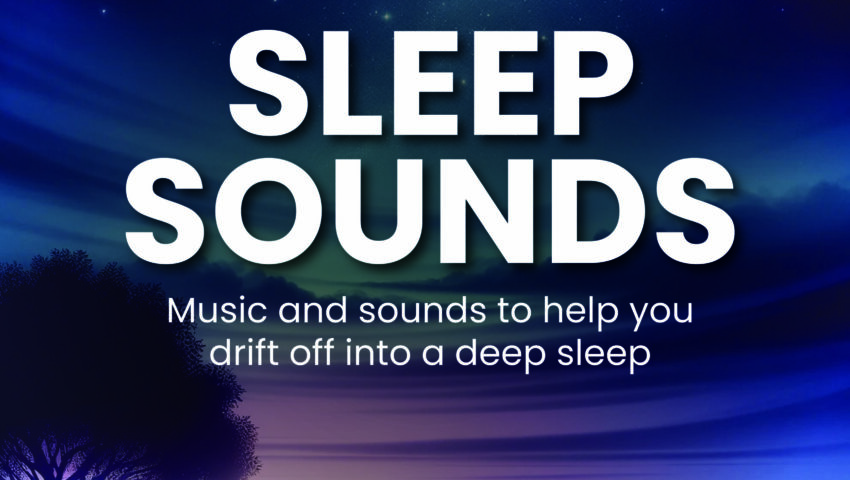Blogs
Top tips for a good night’s sleep

Diving into the dynamic world of mental health, the unsung hero often turns out to be the quality of our sleep. This essential yet overlooked aspect of our daily lives is key for mood regulation, cognitive performance, and even our daily food choices. Understanding the effects of sleep on our mental health, alongside practical strategies to enhance sleep quality, can lead to significant improvements in our overall mental wellness.
Sleep and Mental Health- It’s a two-way street!
Poor sleep can be a precursor to a range of mental health issues, including anxiety, depression, and mood disorders. Further to this, existing mental health conditions can intensify or contribute to disturbances, creating a cyclical pattern that can be challenging to break.
Mood and Mental Health
A well-rested night is essential for keeping our emotions in check and ensuring our cognitive functions run smoothly. Sleep deprivation can leave us on an emotional rollercoaster making it more difficult for us to cope with everyday stresses. It’s also key for our ability to think clearly, remember information, make decisions which can directly impacting our everyday lives.
Sleep’s Role in Dietary Choices
Lack of sleep can throw our hunger hormones off balance as well as the possible triggering of emotional/comforting eating leading to more cravings. However, these tend to be energy-dense, sugary snacks, giving us a buzz of energy and instant gratification but unfortunately the energy doesn’t last long, making us long and reach for more (this becomes a very slippery slope). This not only affects physical health but can spiral into emotional turmoil contributing to feelings of guilt or frustration.
Top tips on getting a better night’s sleep
- Establish a Consistent Schedule: Aim to go to bed and wake up at the same time every day, even on weekends. This regularity helps your body’s internal clock, improving quality.
- Create a Restful Environment: Try to make sure your bedroom is cool, quiet, and dark. You could even consider using earplugs, eye shades, or white noise machines if needed to create an ideal sleeping environment.
- Limit Exposure to Screens Before Bedtime: The blue light produced by phones, tablets, and computers can interfere with your ability to fall asleep. Try to avoid these screens at least an hour before bedtime.
- Think About Your Diet: Avoid large meals, caffeine, and alcohol before bedtime, as they can disrupt you. Try to have your last meal 2-3 hours before you go to bed.
- Incorporate Relaxation Techniques: Before bed try and do some reading, take a warm bath, or practice mindfulness and relaxation exercises.
- Exercise Regularly: Regular physical activity can help you fall asleep faster and enjoy deeper sleep as well as help manage everyday stress. However, try to avoid vigorous exercise close to bedtime as it can energise you.
- Manage Stress: Consider journaling, meditation, or therapy to address and reduce stress, which is a common barrier.
- Seek Professional Help if Needed: If your problems persist and significantly impact your life, consulting with a healthcare provider or a sleep specialist can provide tailored advice and treatment options.
Why not give our playlists ago to help you get a restful night
BM World Sleep Day Playlist 😴 – playlist by Charlottie | Spotify
BM caterer’s sleep by Ben Schobs – Apple Music
Further Reading recommendations
https://www.mentalhealth.org.uk/explore-mental-health/a-z-topics/sleep-and-mental-health
https://www.nhs.uk/every-mind-matters/mental-health-issues/sleep/
https://www.mind.org.uk/information-support/types-of-mental-health-problems/sleep-problems/about-sleep-and-mental-health/



